Matcha Green Tea (Powder)
$6.50 – $38.00
The Japanese Matcha is obtained from specially grown and processed leaves of the Camellia Sinensis plant. These leaves are ground into a fine powder form to produce the matcha powder. The resultant powder, usually green-colored, is then consumed by way of suspension in the fluid, typically water or milk, unlike the way tea leaves and bags are consumed.
Free shipping on all orders
PRODUCT OVERVIEW
Matcha is made from shade-grown matcha tea leaves. The shading process is begun 3 weeks before harvesting, and carried out by covering the tea plants to prevent them from direct exposure to sunlight. This process decelerates growth, increases caffeine and chlorophyll levels, darkens the leaves, and results in the production of amino acids, in particular theanine. After harvesting the leaves are then laid flat to dry, which will crumble and become known as tencha. Thereafter, the veins and stems are removed, and the leaves are ground into the fine, bright green colored matcha powder. The grinding is achieved through mill stones in a very slow process, as great care is taken to not allow the stones get too warm, lest the aroma of the leaves is altered. The best matcha powder is obtained through delicate crushing of the matcha tea leaves. Once the grinding is done, the powder is then whisked into a jade-green froth with a bamboo brush and consumed immediately.
In traditional Japan, preparation, serving, and drinking of tea made from matcha takes center stage in tea ceremonies. In these ceremonies the best matcha tea blends are used, and are often referred to as ceremonial-grade matcha, meaning that the matcha powder is of a high enough quality for use in the tea ceremony. Lower grade matcha is called culinary-grade matcha, and is used mainly for cooking purposes. In contemporary times, however, matcha tea powder has also been used as a flavoring and dying ingredients in foods such as mochi and soba noodles, green tea ice cream, matcha lattes, and a variety of Japanese wagashi confectionery.
Matcha tea health benefits
Unlike most teas which are produced by steeping tea leaf in hot water, matcha tea is obtained from the whole of the leaf; it is no surprise then, that matcha features a lot more beneficial nutrients than most other tea types. Matcha green tea benefits the old, young, healthy and unhealthy, owing to its vast mineral and vitamin content. Among the myriads of matcha green tea powder benefits are:
- The theanine content of matcha produces the chemical substances serotonin and dopamine, which are known mood boosters and memory enhancers. Theanine also helps to increase energy and concentration levels, while maintaining calmness. The calming effect of theanine somewhat counters the excitatory effects of caffeine in matcha.
- The tea is loaded with antioxidants, with levels higher than are obtainable from most teas, fruits, and veggies. Antioxidants fight against free radicals which are responsible for many bodily disorders and chronic diseases.
- Matcha increases the body?s metabolism and burns fat, while decreasing the rate of formation of new fat cells. These actions are carried out by the powerful catechin, epigallocatechin gallate (EGCg). Through these effects, matcha renders important services in natural weight loss processes.
- The catechins in the tea promote heart health by decreasing bad (LDL) cholesterol.
- Matcha tea has also been found to reduce the risks of stroke.
PRECAUTIONS
This information is not intended to diagnose, treat, cure, or prevent any disease.
Related products
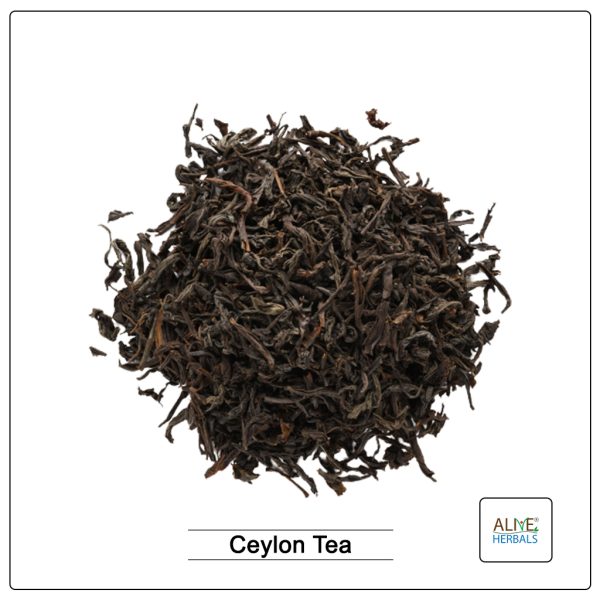
Ceylon Black Tea
$8.60 – $23.80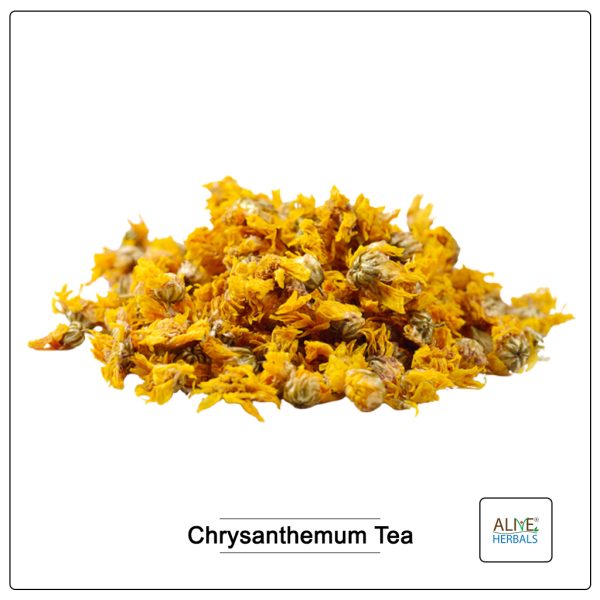
Chrysanthemum Tea
$4.50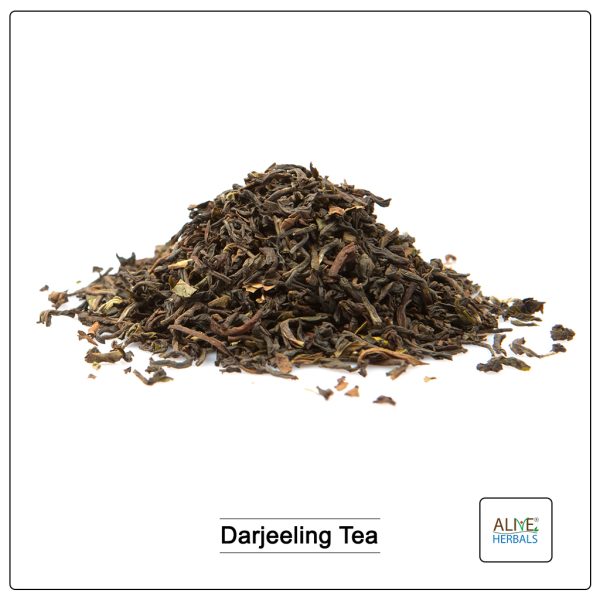
Darjeeling Tea
$7.95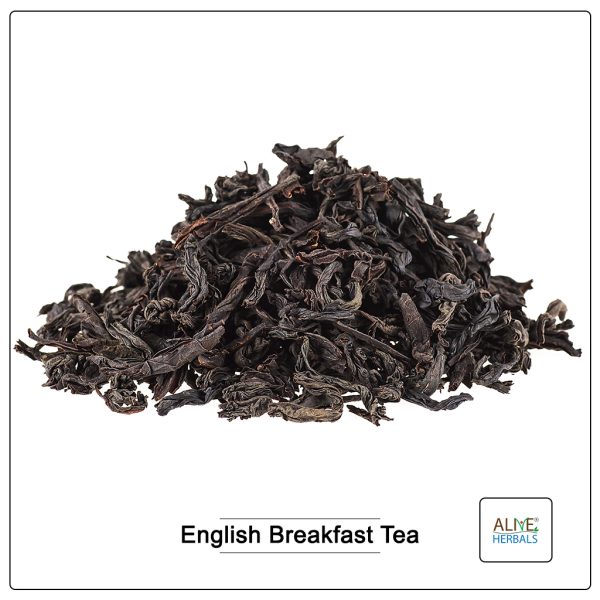
English Breakfast Tea
$7.35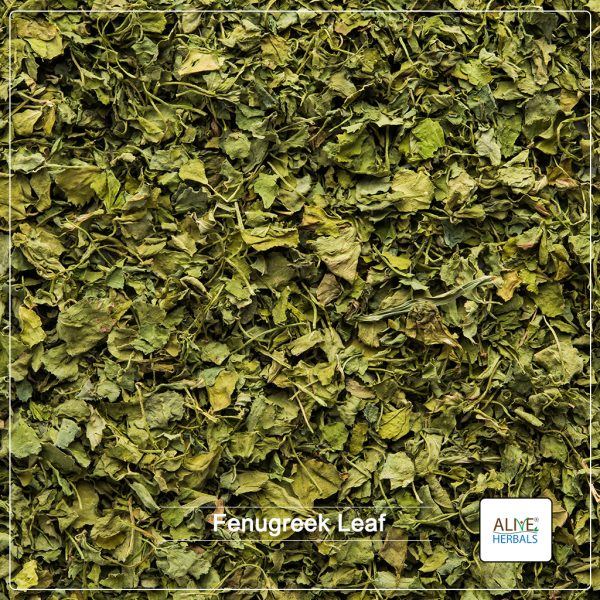
Fenugreek Leaf
$3.50 – $5.59
Golden Milk Tea
$7.75
Golden Monkey Tea
$35.00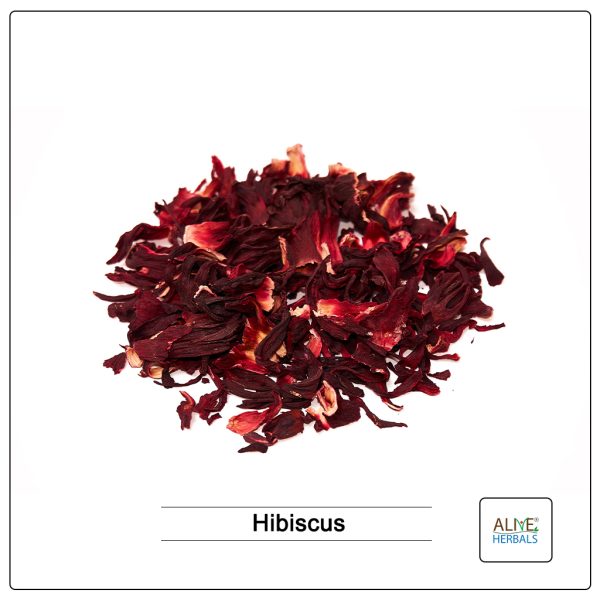
Hibiscus Tea
$3.75 – $12.75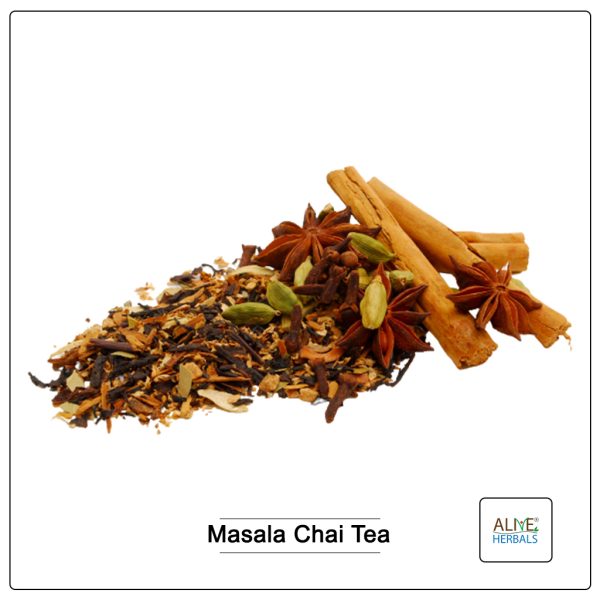
Masala Chai Tea
$5.50 – $9.50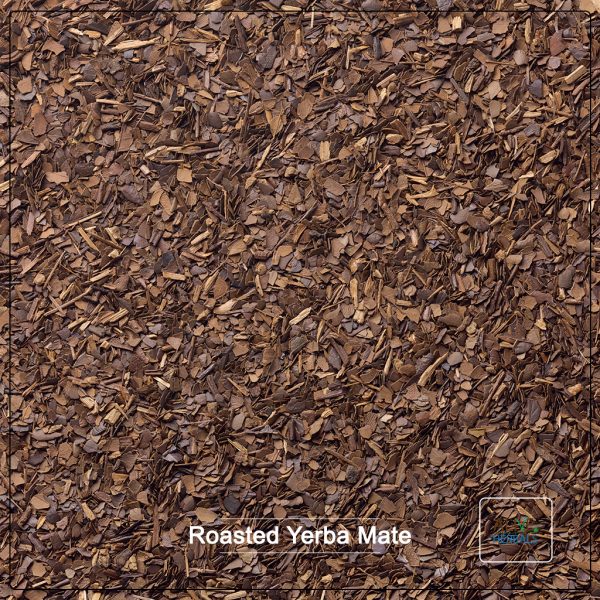
Roasted Yerba Mate
$9.95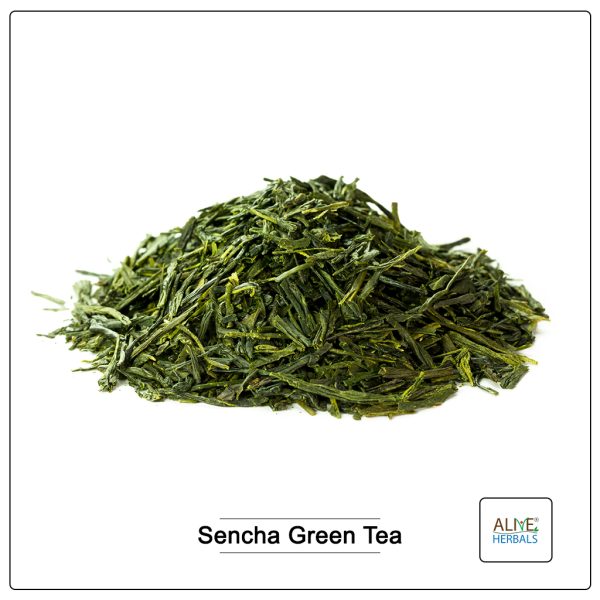

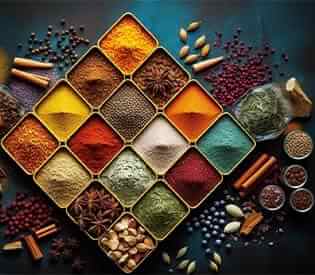
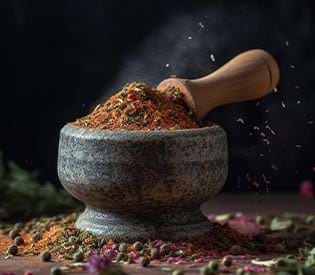
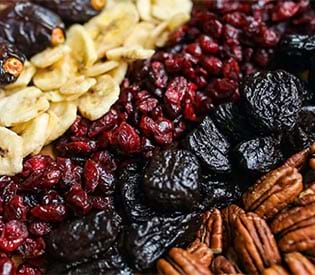
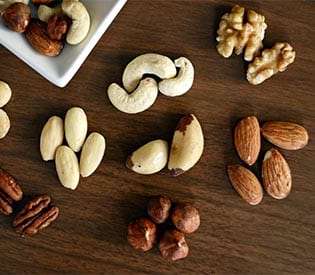
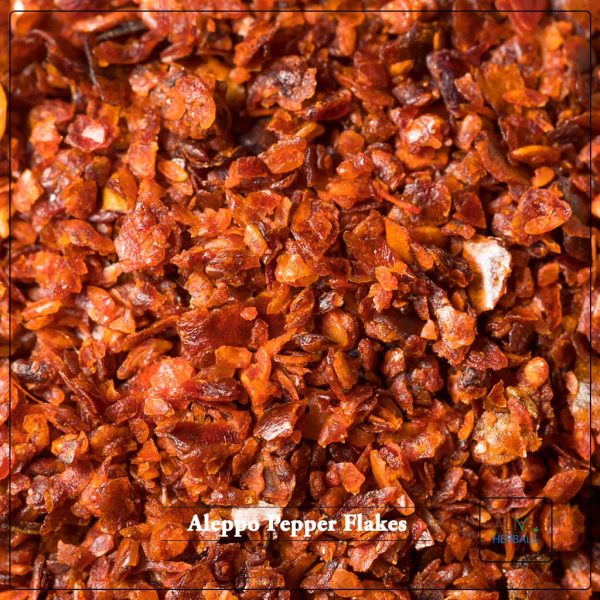

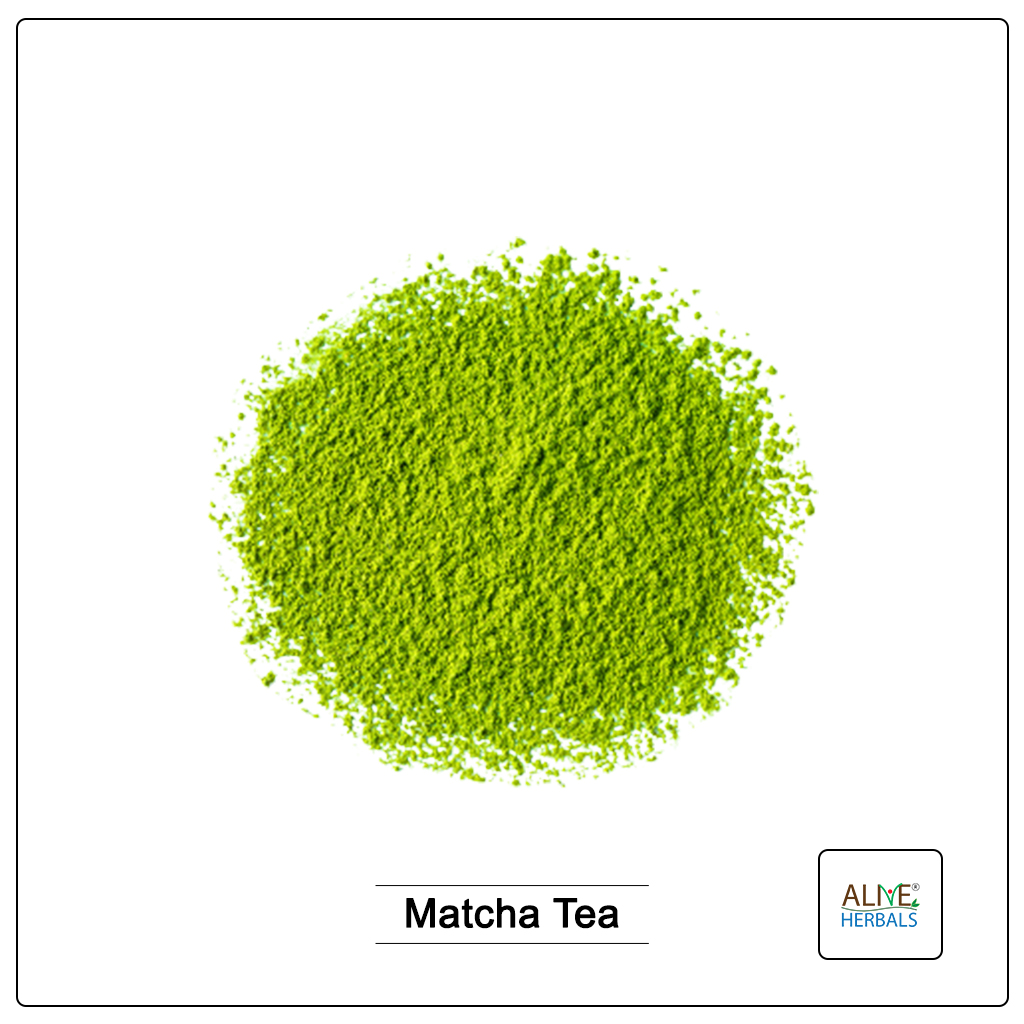
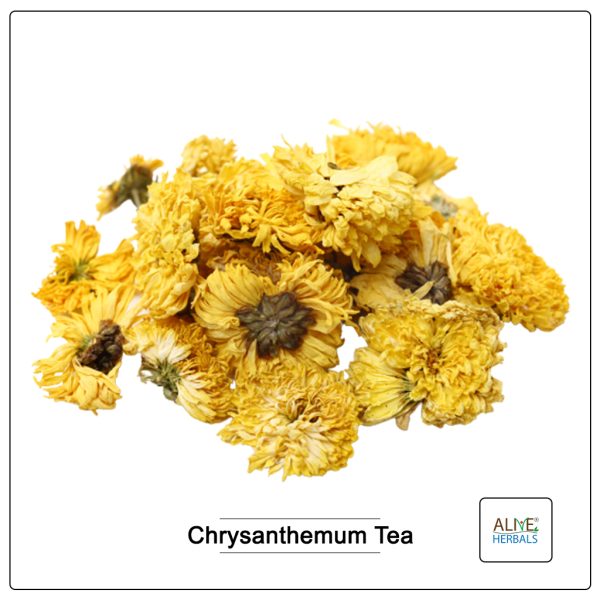
Reviews
There are no reviews yet.